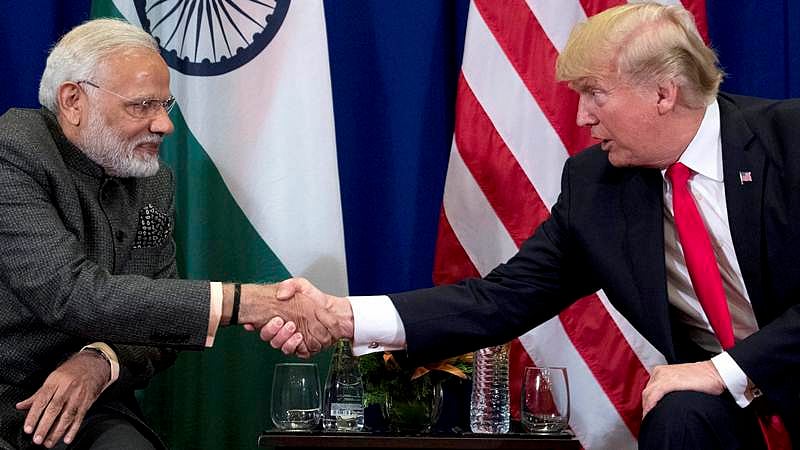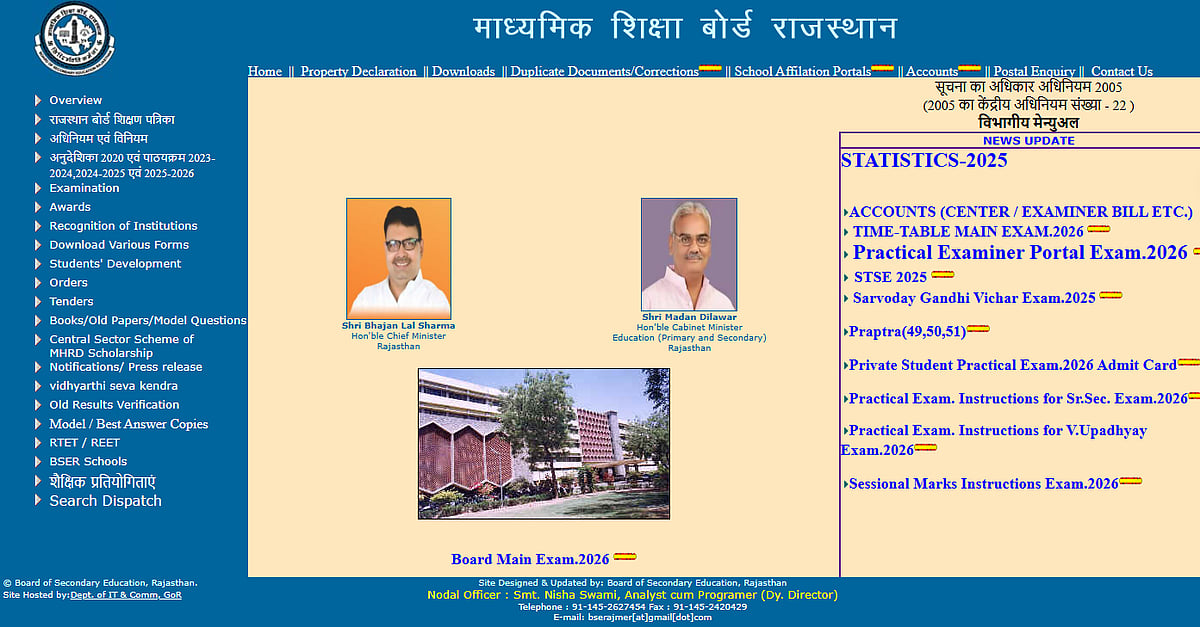In a significant move, the Indian government has implemented stock limits on wheat for the first time in 15 years. This decision has sent shockwaves through the market, causing disruptions and raising concerns among stakeholders. The step taken by the government aims to stabilize prices and ensure the availability of wheat for consumers. However, its impact on the agricultural sector and the overall food supply chain remains a subject of debate and scrutiny.
Unprecedented Measure to Control Wheat Stocks
In an unexpected development, the Indian government has resorted to imposing stock limits on wheat, a step not taken in over a decade. This bold move is aimed at exerting control over the excessive accumulation of wheat stocks, which can lead to price manipulation and adversely impact consumer interests, report in Times of India stated.
Market Disruptions and Stakeholder Concerns
The imposition of stock limits on wheat has sent shockwaves through the market, causing disruptions and giving rise to concerns among various stakeholders. Traders, farmers, and food industry players are closely monitoring the situation, apprehensive about the potential repercussions on supply chains, pricing, and future investments.
Balancing Price Stability and Consumer Needs
The government's decision to enforce stock limits stems from its objective to strike a balance between ensuring price stability and addressing the needs of consumers. By curbing excessive accumulation of wheat stocks, the authorities aim to prevent hoarding and speculative activities that can artificially inflate prices, ultimately benefiting consumers.

Debates and Scrutiny Surrounding the Move
While the government's move is well-intentioned, it has sparked debates and drawn scrutiny from various quarters. Some stakeholders argue that the imposition of stock limits may hinder free-market dynamics and negatively impact farmers' incomes. Balancing the interests of farmers, traders, and consumers in the wheat sector remains a complex challenge.









